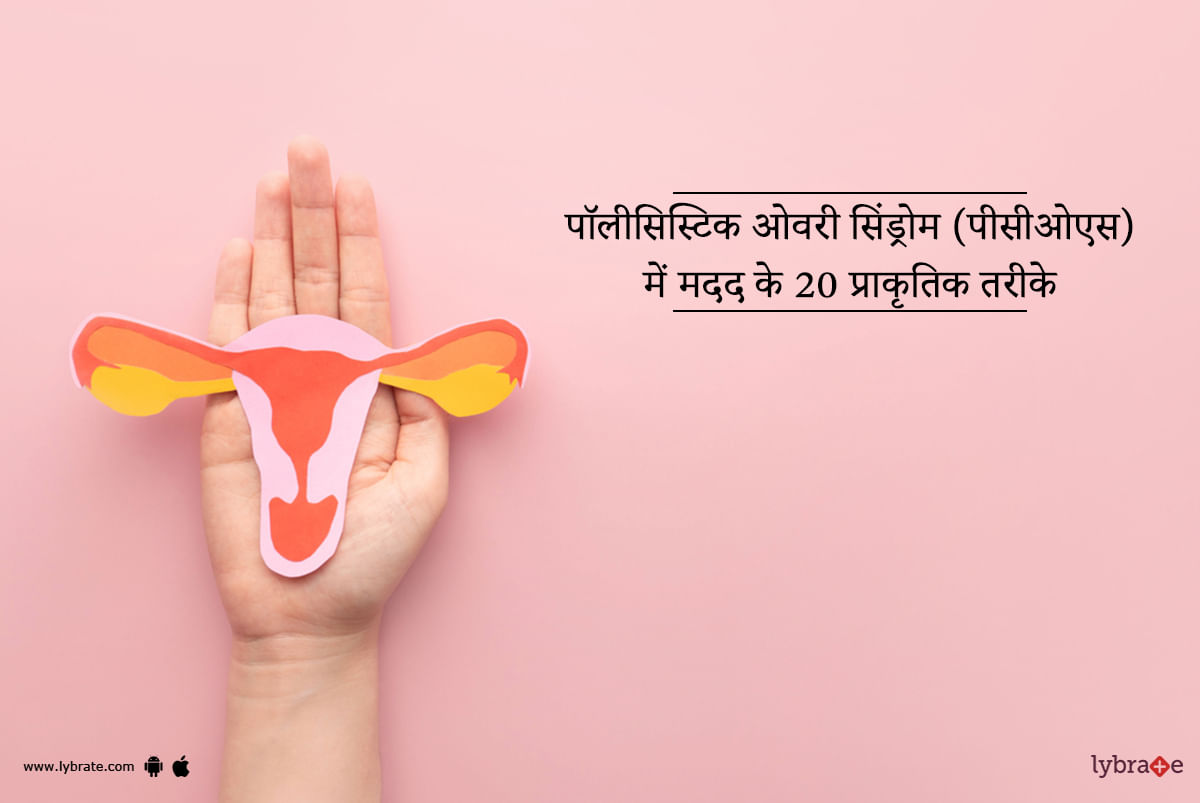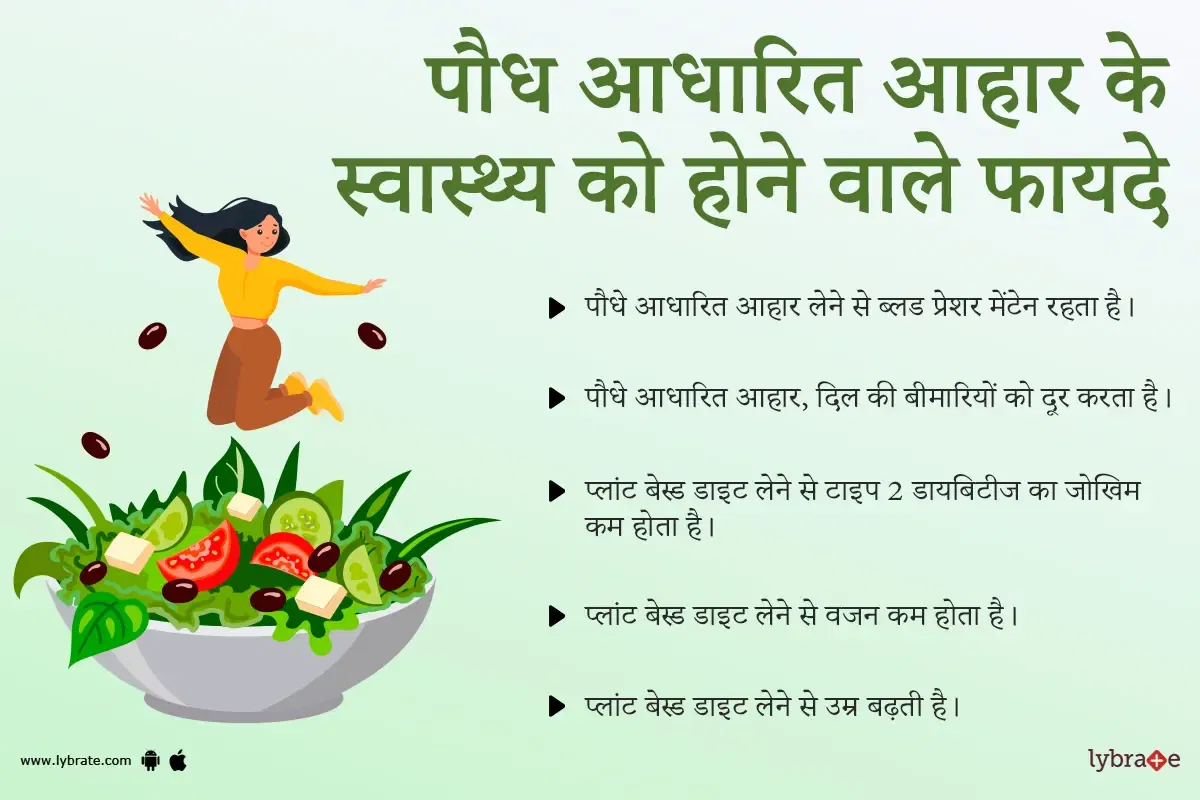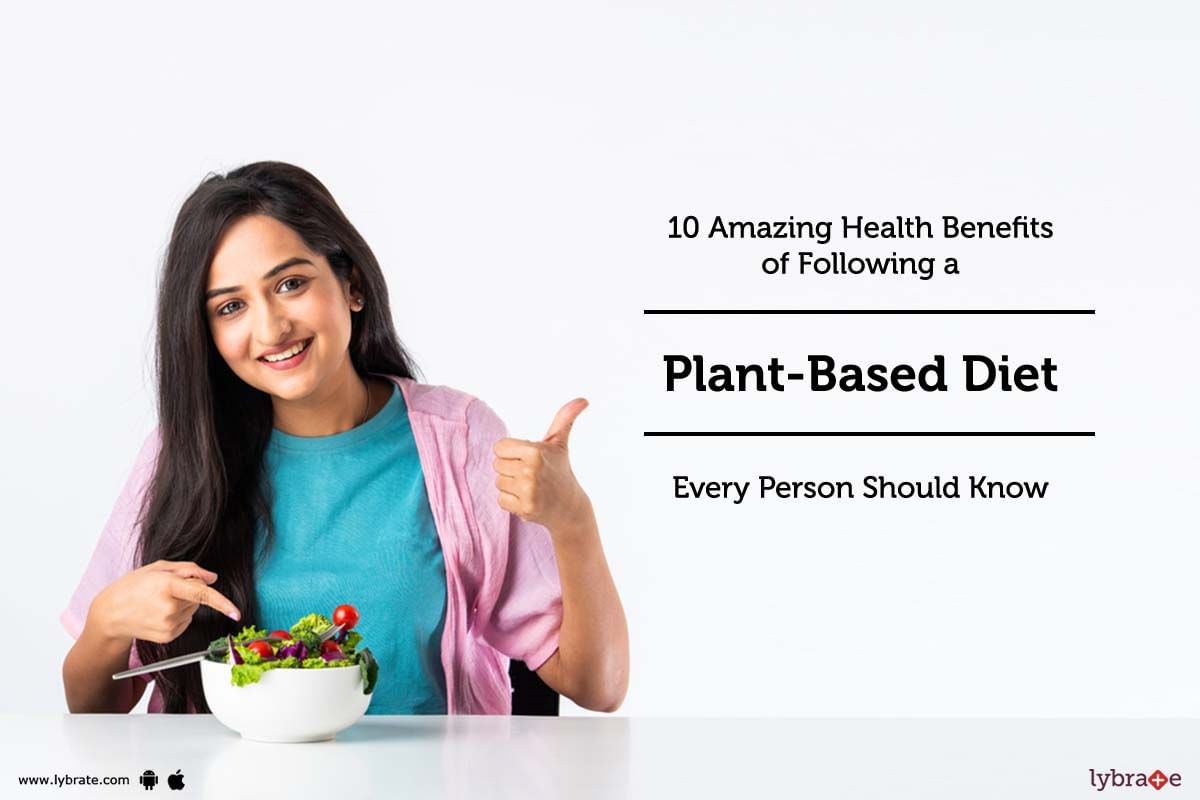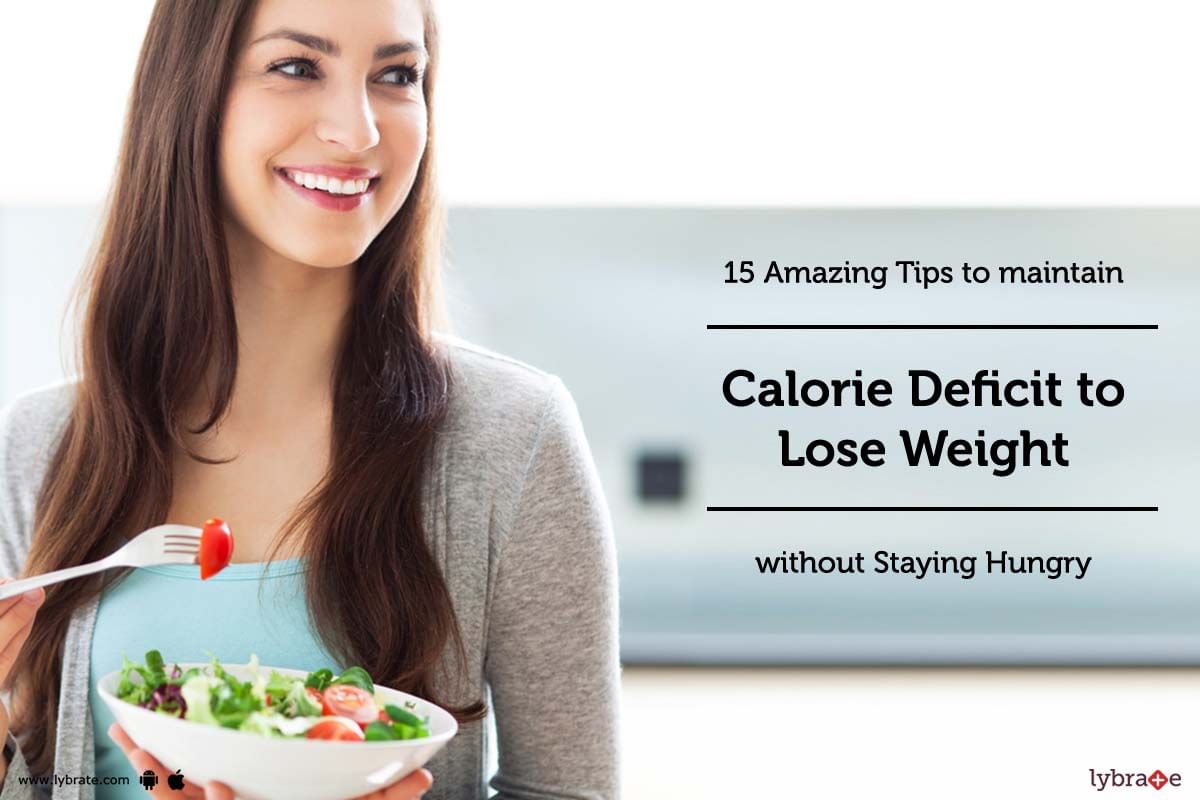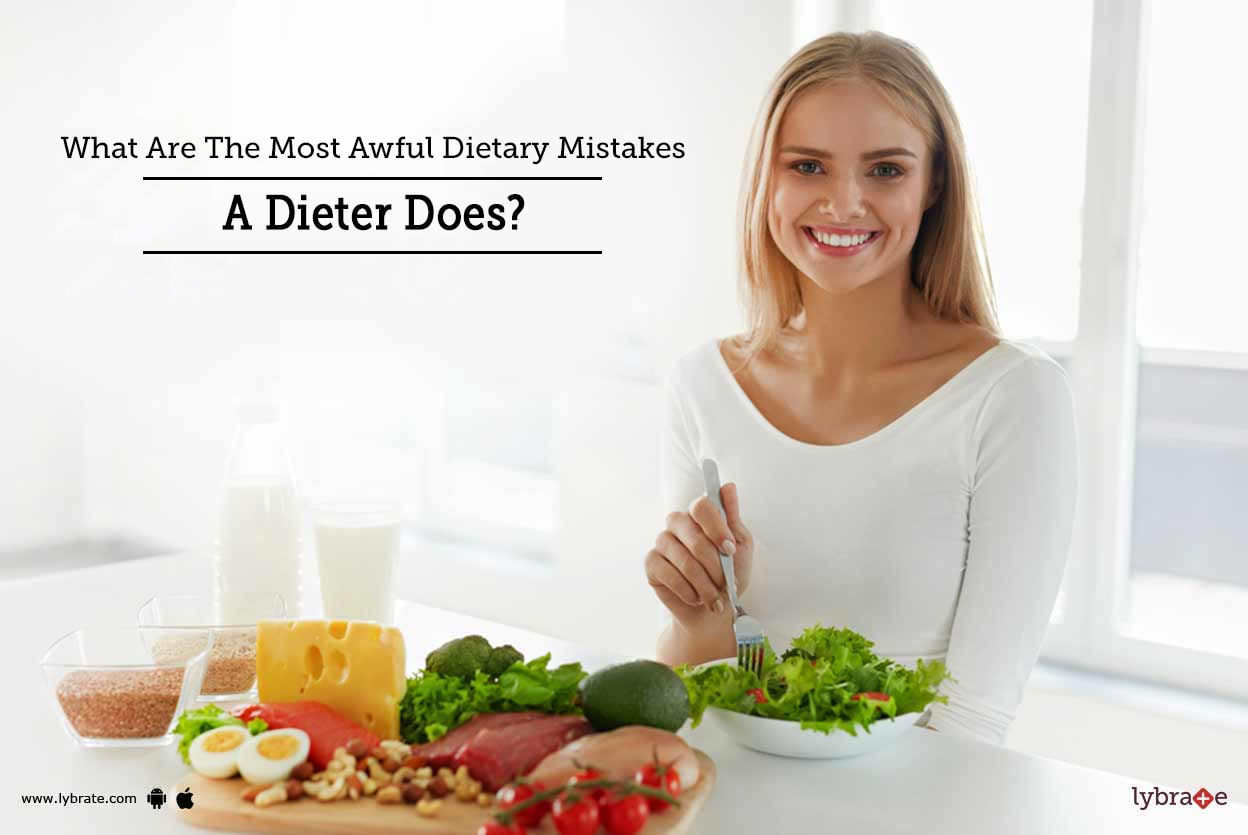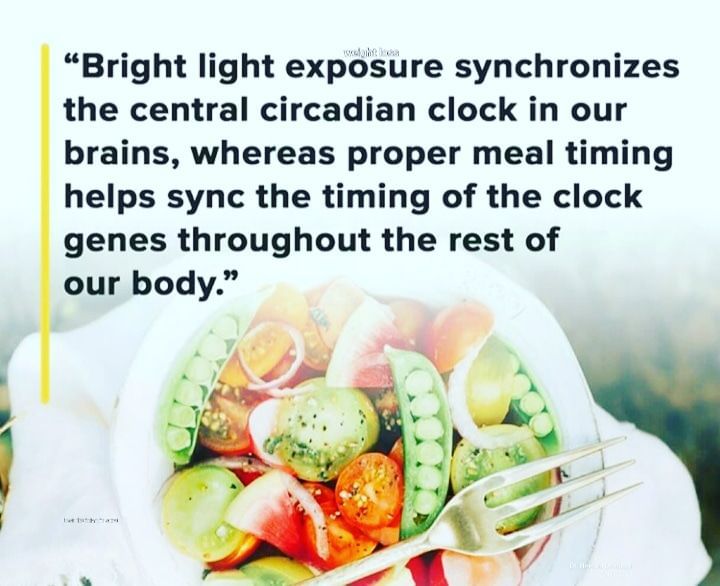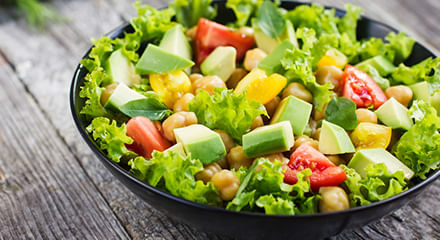Get the App
For Doctors
Login/Sign-up
Health Feed
Find Doctors
Health Packages
AllQ&AsTipsQuizzes
Diet Planning Tips
Last Updated: 2 years ago• Featured Tip
Share
Bookmark
Report
पीसीओएस के क्या है कारण और लक्षण
पीसीओएस एक ऐसी समस्या है जिससे बहुत अधिक संख्या में महिलाएं जूझ रही हैं। शोधकर्ताओं का कहना है कि पीसीओएस होने के कारण जटिल हैं, लेकिन इंसुलिन प्रतिरोध और हार्मोनल बदलाव इसके प्रमुख कारक हैं।
आप इन कारकों को प्रबंधित करने और जीवनशैली में बदलाव और आहार की खुराक के माध्यम से अपने लक्षणों को कम करने में सक्षम हो सकते हैं, लेकिन पूरी तरह ठीक करने वाला उपचार अभी नहीं मिल सका है।
पॉलीसिस्टिक ओवरी सिंड्रोम (पीसीओएस) के लक्षणों में शामिल हैं:
more
पीसीओएस एक ऐसी समस्या है जिससे बहुत अधिक संख्या में महिलाएं जूझ रही हैं। शोधकर्ताओं का कहना है कि पीसीओएस होने के कारण जटिल हैं, लेकिन इंसुलिन प्रतिरोध और हार्मोनल बदलाव इसके प्रमुख कारक हैं।
आप इन कारकों को प्रबंधित करने और जीवनशैली में बदलाव और आहार की खुराक के माध्यम से अपने लक्षणों को कम करने में सक्षम हो सकते हैं, लेकिन पूरी तरह ठीक करने वाला उपचार अभी नहीं मिल सका है।
पॉलीसिस्टिक ओवरी सिंड्रोम (पीसीओएस) के लक्षणों में शामिल हैं:
Last Updated: 3 years ago• Featured Tip
Share
Bookmark
Report
1. Dt. Sushmaa Jaiswal
BSc Home Science, M.Sc - Dietetics / Nutrition
39 Years of Experience 1500 - 4000 at clinic 500 online
Dietician Dt. Sushma Jaiswal is well-known and has extensive experience. Her commitment has earned her membership in the World Health Organisation (WHO), the United Nations, the Indian Dietetic Association (IDA), the National Society of India, and Creating Stars International. Her work demonstrates the reality of miracles.
She has a fantastic...more
BSc Home Science, M.Sc - Dietetics / Nutrition
39 Years of Experience 1500 - 4000 at clinic 500 online
Dietician Dt. Sushma Jaiswal is well-known and has extensive experience. Her commitment has earned her membership in the World Health Organisation (WHO), the United Nations, the Indian Dietetic Association (IDA), the National Society of India, and Creating Stars International. Her work demonstrates the reality of miracles.
She has a fantastic...more
Last Updated: 3 years ago• Featured Tip
Share
Bookmark
Report
General Physician•
इन दिनों प्लांट बेस्ड डायट को इन दिनों बहुत लोकप्रिय है। सेलीब्रिटी से लेकर आम लोग तक पादप आधारित डायट पर स्विच कर रहे हैं। कई लोगों का मानना है कि इससे उनके जीवन में कई बदलाव आए हैं। आध्यात्मिक बदलाव के साथ ही उनके शाऱीरिक में काफी कुछ अच्छे परिवर्तन हुए हैं। शोध भी बताते हैं कि दिल, दिमाग, आंत से लेकर मूड तक आपके आहार से असर पड़ता है। आइए इस लेख के जरिए जानते हैं कि पादप आधारित डायट के उन फायदों का बारे में जानते हैं
1. पौधे आधारित आहार आपके रक्तचाप को कम करने में ...more
662 people found this helpful
Last Updated: 3 years ago• Featured Tip
Share
Bookmark
Report
You will find a lot of people who share a love-hate relationship with food or their eating habits. We enjoy eating, but we don t like how our most favorite delicacies make us feel. We do not love how food makes us fat. We do not love how food makes us lethargic and sick. This is why so many people are turning to a plant-based diet, and this is why so many people are switching to a vegan lifestyle.
A plant-based diet is not only great and advantageous for your own health and the entire p...more
A plant-based diet is not only great and advantageous for your own health and the entire p...more
272 people found this helpful
Last Updated: 3 years ago• Featured Tip
Share
Bookmark
Report
Losing weight is not at all a cakewalk, but staying hungry while trying to lose weight can even be tougher for some people. Since we are losing weight with the aim of getting healthier and fitter, we don't want to be hungry, right? Now you must be thinking how we can lose weight without having to stay hungry. Isn t it? You will be glad to know that, through this article, we bring to you some amazing tips to manage a calorie deficit and extreme hunger while trying to lose weight.
With th...more
With th...more
262 people found this helpful
Last Updated: 5 years ago• Featured Tip
Share
Bookmark
Report
AWFUL MISTAKES MOSTLY EVERY DIETER DOES-
1. Low Fat Diet - Fats are not to be feared, rather your body needs dietary fats and cholesterol to produce all vital hormones.
2. Only Fruit Joice For B/F - Most fruit juices raise blood sugar, so your body produces more insulin consequently you'll get hungry and overeat later.
3. Eating Fake Foods - Eating diet foods, protein bars or expensive low-fat foods can never help as you never feel satisfied.
4. Increase Gymmi...more
1. Low Fat Diet - Fats are not to be feared, rather your body needs dietary fats and cholesterol to produce all vital hormones.
2. Only Fruit Joice For B/F - Most fruit juices raise blood sugar, so your body produces more insulin consequently you'll get hungry and overeat later.
3. Eating Fake Foods - Eating diet foods, protein bars or expensive low-fat foods can never help as you never feel satisfied.
4. Increase Gymmi...more
Last Updated: 5 years ago• Featured Tip
Share
Bookmark
Report
M.Sc. in Dietetics and Food Service Mana...read more
Dietitian/Nutritionist•Mumbai
Last Updated: 5 years ago• Featured Tip
Share
Bookmark
Report
As we age, the lean muscle and bone density in the body starts decreasing-- this process is called catabolism. Because of the decreased muscle mass, metabolism goes down too. In your 40s, you cannot get away with eating and working out the same way as you did in your 20s and 30s.
How?
Eat right. The biggest misconception people have is that they need to starve or give up sugar to look good in their 40s. Quality is the key word here. Instead of a commercial chocolate bar, look for h...more
How?
Eat right. The biggest misconception people have is that they need to starve or give up sugar to look good in their 40s. Quality is the key word here. Instead of a commercial chocolate bar, look for h...more
Last Updated: 5 years ago• Featured Tip
Share
Bookmark
Report
PhD-Food &Nutrition, M.H.Sc.Food & Nutri...read more
Dietitian/Nutritionist•Raipur
Take small and frequent meals as per dietician suggestion, on appropriate timings of the day, to get effective results.
Last Updated: 5 years ago• Featured Tip
Share
Bookmark
Report
Diet in Navratra s
For those who fast all nine days. It is important to eat small meals at regular intervals. This will keep your metabolism in top shape.
Avoid fried foods and include more of yogurt, smoothies, lassi, fruit which not only will keep you full but maintain the optimum fluids in the body.
Instead of puri or pakodas (both fried) made from kattu atta, try out kattu ki roti.
Replace fried aloo- chat with boiled aloo - chat and
Kheer with mixed - fruit curd or ...more
For those who fast all nine days. It is important to eat small meals at regular intervals. This will keep your metabolism in top shape.
Avoid fried foods and include more of yogurt, smoothies, lassi, fruit which not only will keep you full but maintain the optimum fluids in the body.
Instead of puri or pakodas (both fried) made from kattu atta, try out kattu ki roti.
Replace fried aloo- chat with boiled aloo - chat and
Kheer with mixed - fruit curd or ...more
Book appointment with top doctors for Diet Planning treatment
View fees, clinic timings and reviews
Ask a free question
Get FREE multiple opinions from Doctors
posted anonymously


